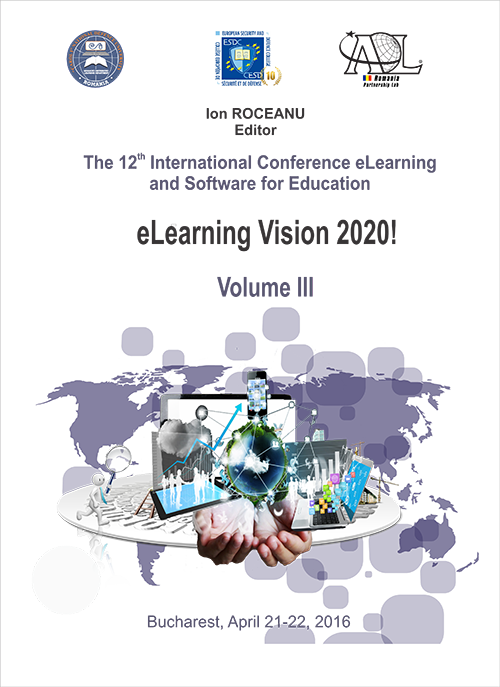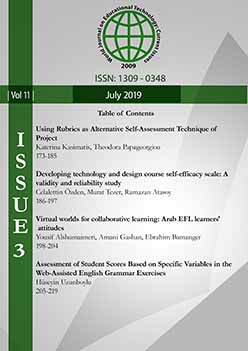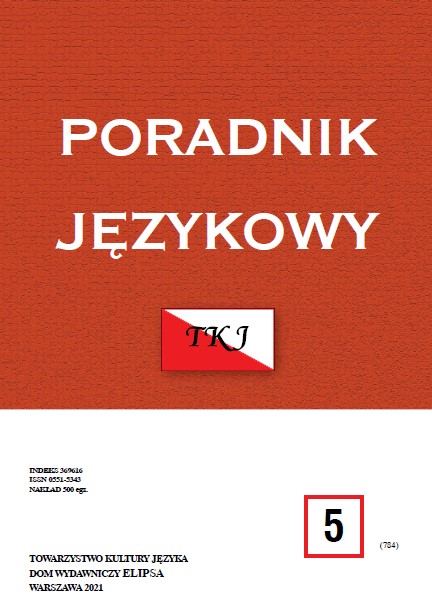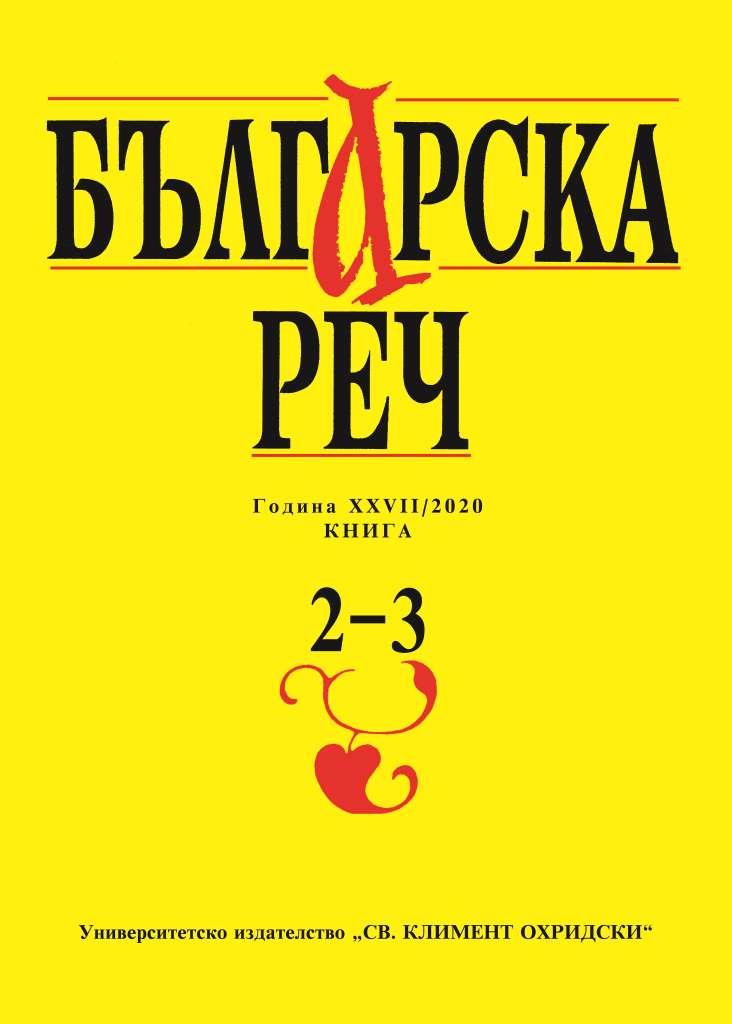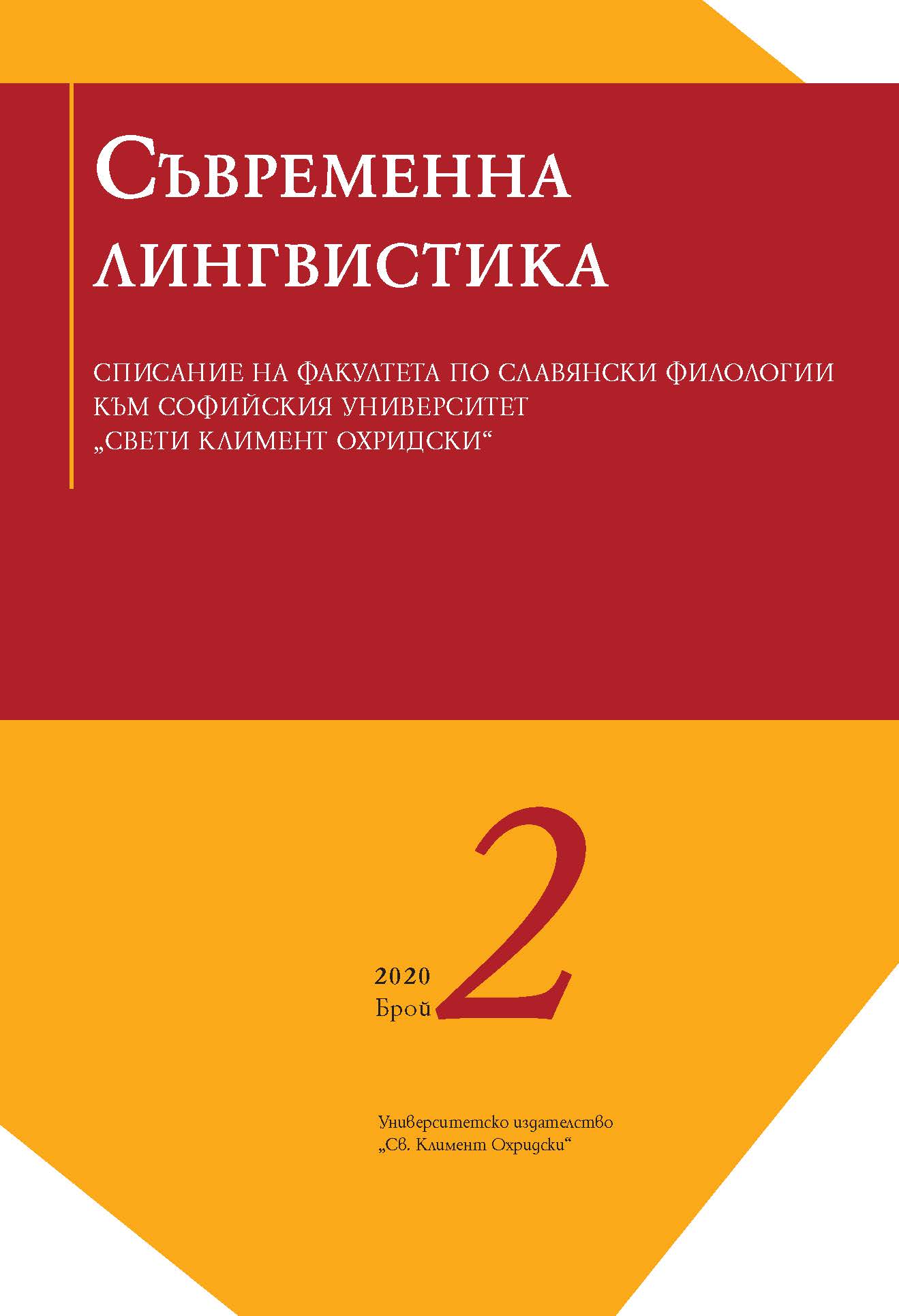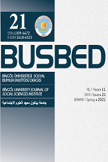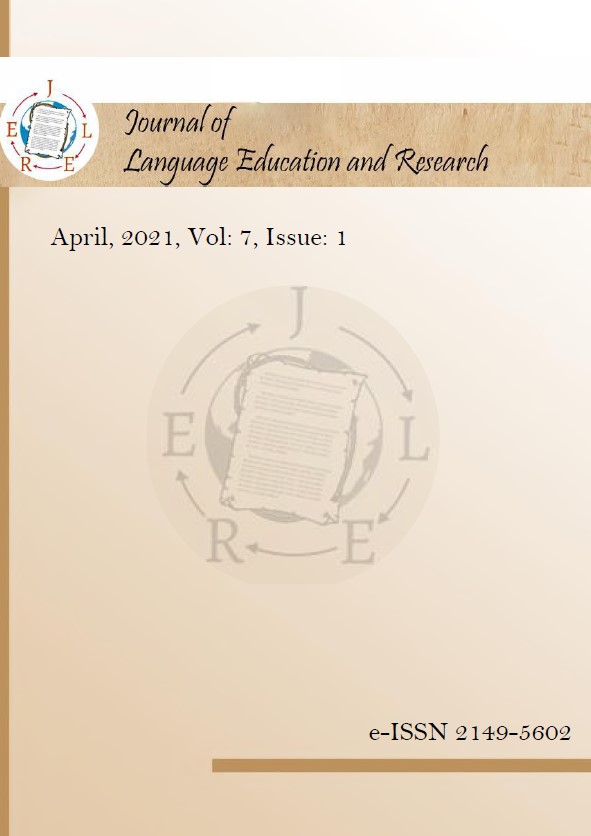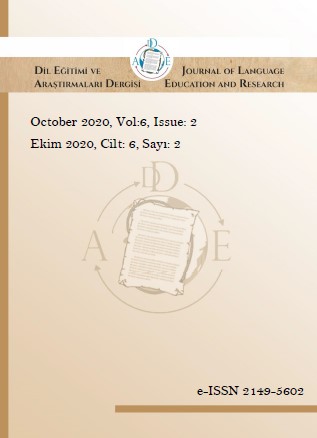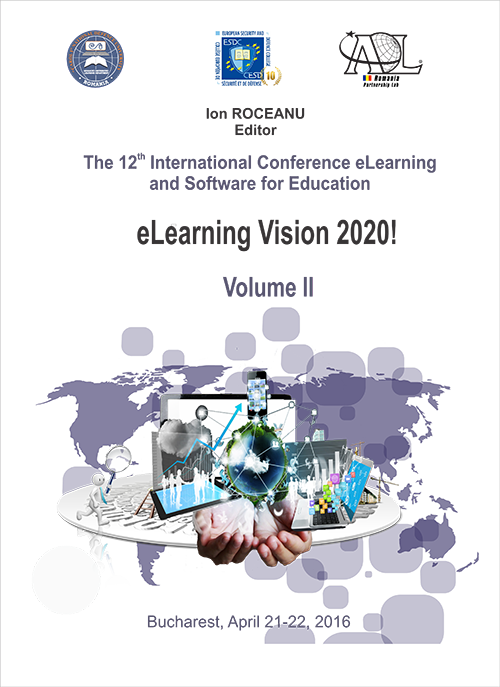
TOPOLOGY OF DISTANT LEARNING PLATFORMS IN ELT
Digital educational platforms are widely used in improving the quality of language learning, blended education and managing distance foreign language teaching. There propose different types of digital platforms which are aimed at specific aspects of foreign language teaching: opened, partly opened and closed in accordance to network topology. Knowledge of potentials, advantages and disadvantages of these platforms helps to organize the educational process. Many usual methods of teaching are computerized. Most work that we conduct during language teaching includes reading, writing, listening and grammar exercises may be conducted with the help of digital environment. This technology provides access to the resources at any time, makes them available anywhere and expands opportunities of foreign language learning.
More...
